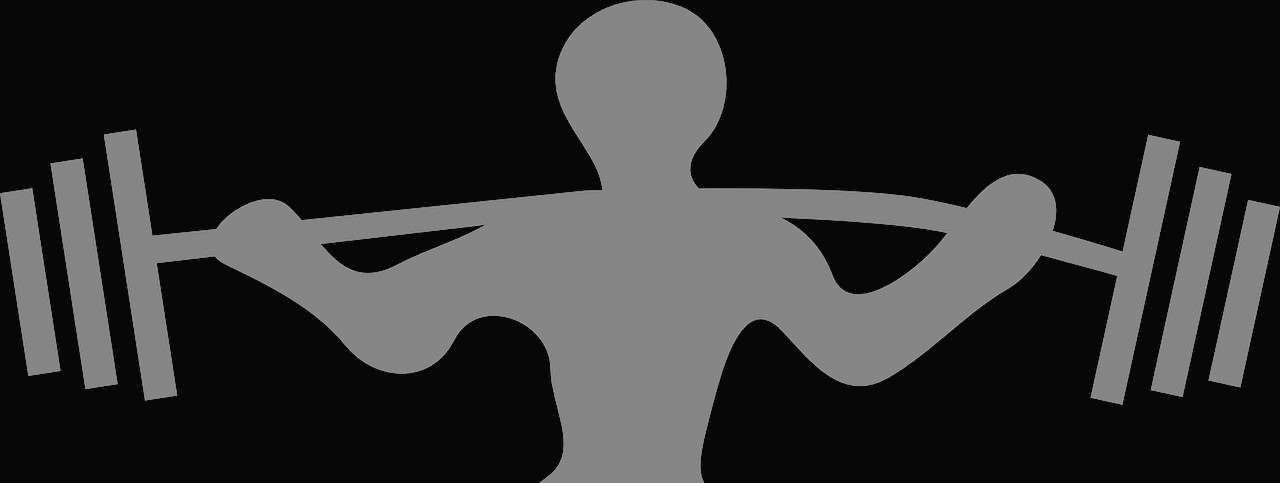June 10, 2023
Debunking the Myth: More is Not Always Better for Health
When it comes to health, the belief that “more is always better” is a common misconception. While certain aspects of health, such as exercise and nutrition, are undoubtedly important, it’s crucial to understand the significance of balance and moderation in achieving overall well-being.
Let’s start by examining exercise. Regular physical activity is beneficial for cardiovascular health, muscle strength, and mental well-being. However, excessive exercise without adequate rest and recovery can lead to burnout, overuse injuries, hormonal imbalances, and weakened immune function. Striving for a balanced approach to exercise involves finding a routine that includes a variety of activities, incorporating rest days, and listening to your body’s signals.
Similarly, nutrition is a vital component of a healthy lifestyle. Consuming a diverse range of nutrient-rich foods is key to providing the body with essential vitamins, minerals, and energy. However, an obsession with strict diets, calorie counting, or rigid food rules can lead to disordered eating patterns, nutrient deficiencies, and a negative relationship with food. Adopting a balanced approach to nutrition involves embracing mindful eating, intuitive choices, and moderation rather than strict deprivation or overindulgence.
Beyond physical health, achieving balance encompasses various aspects of life. Mental and emotional well-being are equally important. Chronic stress, excessive draining work hours, and neglecting self-care can have detrimental effects on mental health and overall life satisfaction. It is crucial to prioritize activities that charge our batteries versus drain our batteries. Charging activities promote relaxation, stress reduction, and emotional self-care. These can be mindfulness practices, hobbies, spending time with loved ones, or seeking support when needed. What charges one person’s battery could be a drain to someone else’s, so try different things to see what feels good for you. If I feels like an upstream, fighting batter, then it is draining your battery. If it feels right, comes easy to me, and makes me happy, then it is charging my battery.
Furthermore, relationships play a significant role in our well-being. Fostering meaningful connections, investing time in nurturing relationships, and maintaining healthy boundaries are essential for maintaining balance and happiness. Isolating oneself or spreading too thin across numerous superficial connections can lead to feelings of loneliness and dissatisfaction.
Finding balance in life requires self-reflection, setting priorities, and making choices that align with your values and goals. It means recognizing that more is not always better if it comes at the expense of other important areas of your life. It involves setting realistic expectations, being mindful of your limits, and embracing self-compassion.
In summary, the belief that “more is always better” does not hold true in the realm of health and well-being. Striving for balance and moderation is key. Listen to your body, nourish it with a varied and wholesome diet, engage in regular physical activity while allowing for rest and recovery, and pay attention to your mental and emotional needs. Ultimately, a balanced approach to health and life will lead to greater overall well-being and satisfaction.

After two years of contemplation, Royan walked through Hybrid’s doors in 2018. Even though she was battling cancer & a slipped disk, walking through that door to ask for help was the hardest thing she had ever done. The Hybrid team of coaches took it from there and the rest is history! Royan is now a Hybrid member as well as a team member, supporting Hunter and Dusty and all of the coaches as needed.



0 Comments
Leave A Comment